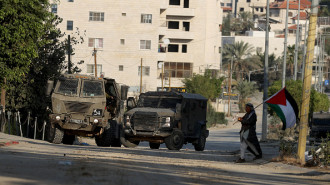Morocco vows to investigate fish seller death after protests
Moroccan authorities vowed to launch an investigation into the death of a fish seller who sparked widespread protests when he was crushed in a rubbish truck on Friday.
Interior Minister Mohamed Hassad said that an incident would be investigated to "determine the exact circumstances of the tragedy and punish those responsible".
He said authorities found "a large quantity of swordfish" in Mouhcine Fikri's car and "a decision was taken to destroy the illegal goods," which prompted the 31-year-old to jump into the crusher truck in protest.
"All questions are about what happened after that," he said.
"We cannot accept officials acting in haste, anger or in conditions that do not respect people's rights."
Fikri was crushed to death in the truck in the northern city of Al-Hoceima -an ethnically Berber region long neglected under the former king, which was at the heart of the 2011 protest movement for reform.
An image of his inert body - head and arm sticking out from under the lorry's crushing mechanism - went viral on social media, sparking calls for protests nationwide including in the capital Rabat.
Footage online showed thousands of people following the yellow ambulance that carried Fikri's body through his home town in the ethnically Berber Rif region on Sunday.
The procession was led by a dozen drivers in their cars, including taxis, and marchers waving Berber flags.
"Morocco is in shock. The horrific death of the fish seller has caused tears in the Rif and outrage among Moroccans," the daily Akhbar Alyoum said.
Autopsy results quoted by the media on Monday showed "fractures of the five first ribs left and right" and reported death from "haemorrhagic shock after a chest wound".
A human rights activist said on Sunday that the authorities had forced him to destroy several boxes of swordfish, which is illegal to catch using driftnets.
Fikri threw himself in the truck after his goods were crushed by the machine, Fassal Aoussar from the Moroccan Association of Human Rights (AMDH) said.
It was the self-immolation of a street vendor in Tunisia in late 2010 in protest at police harassment that sparked Tunisia's revolution and the Arab Spring uprisings across the rest of the region the next year.
The AMDH on Sunday warned of a "possible repeat" of the 2011 protests in the Rif, just a week before Morocco starts hosting international climate talks.
King Mohammed VI ordered a "thorough and exhaustive investigation" into Fikri's death and the "prosecution of whoever is found responsible", the interior ministry said.

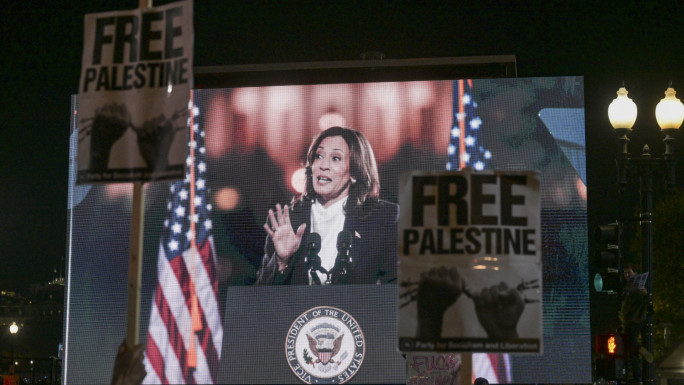

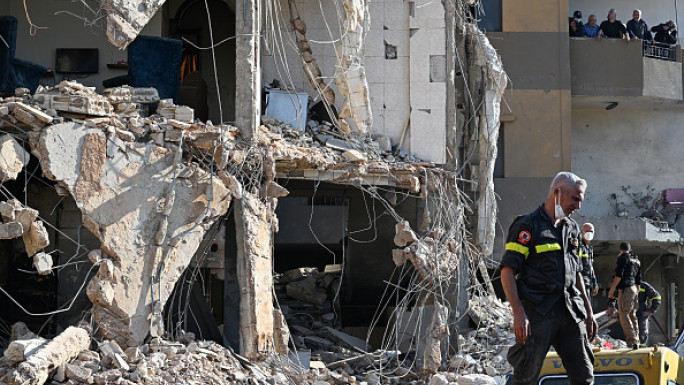
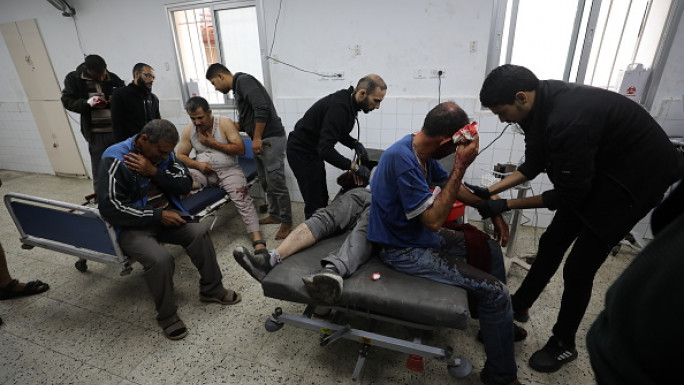
 Follow the Middle East's top stories in English at The New Arab on Google News
Follow the Middle East's top stories in English at The New Arab on Google News
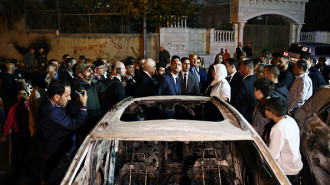
![French Foreign Minister Jean-Noel Barrot [Getty]](/sites/default/files/styles/image_330x185/public/2182722851.jpeg?h=a5f2f23a&itok=UD_yRfLZ)
